This is not the first time for the European Union to seek a way to relocate migrants between member states. Prior to the migration and asylum pact, Brussels had already made four such attempts, Arpad Parducz, a junior researcher at the Migration Research Institute, pointed out in his analysis. The 2015 migration crisis led to a political turnaround in Europe, with member states largely taking divergent positions.
The massive flow of new arrivals and the Dublin regime have created challenges that the migration systems of the countries in southern Europe were unable to meet. In response to these challenges, the European Commission designed a quota scheme to partially relieve the burden on Italy and Greece,
the researcher recalled one of the biggest challenges facing the European Union eight years ago.
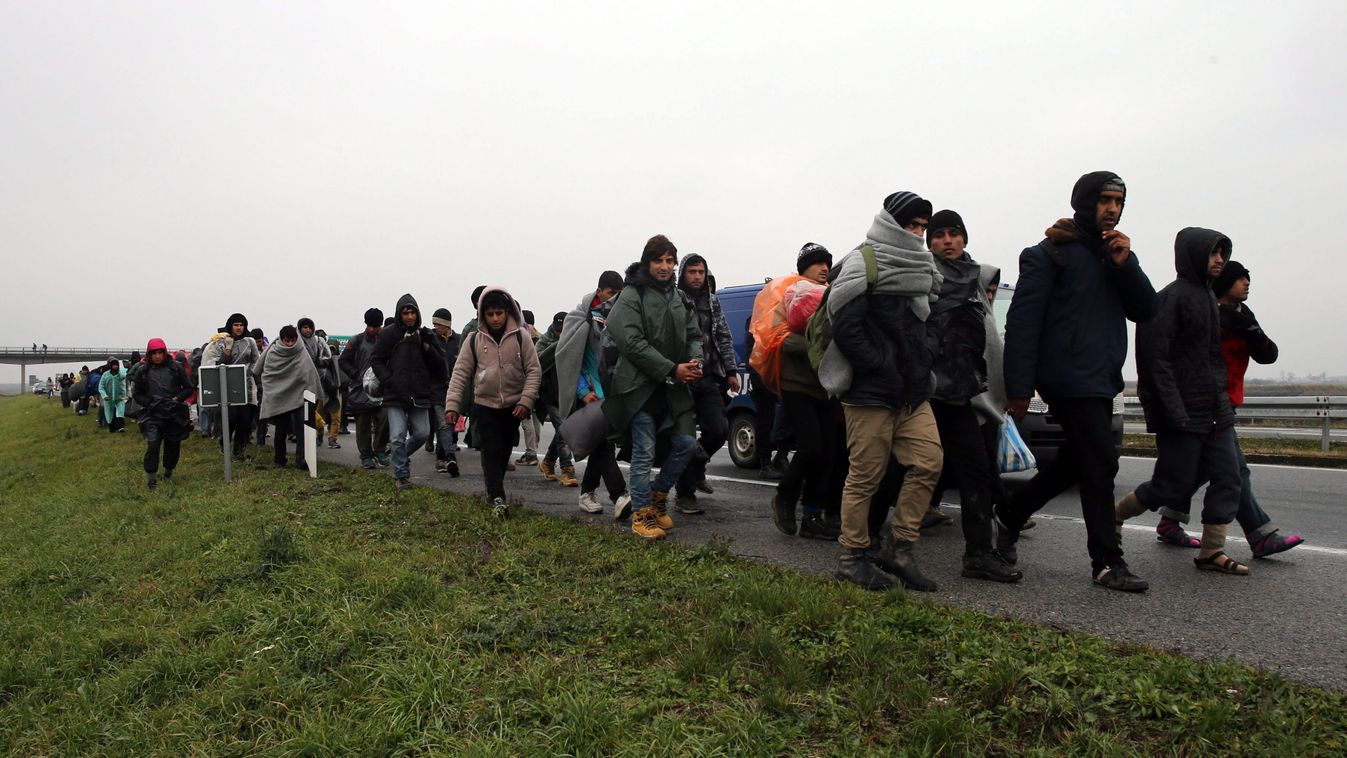
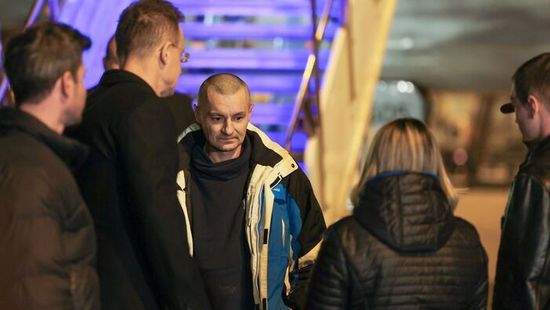


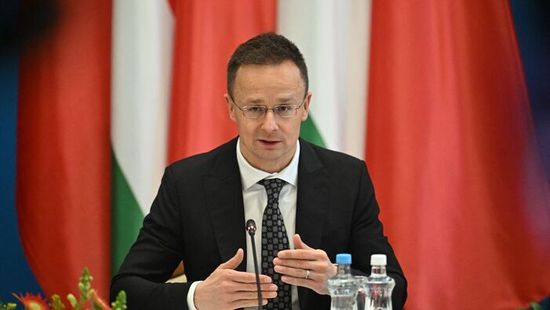

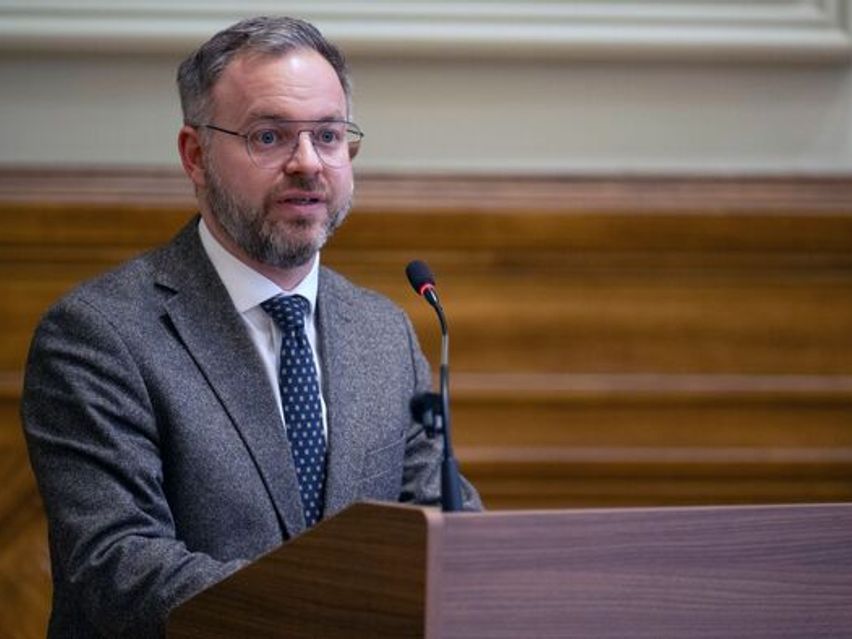






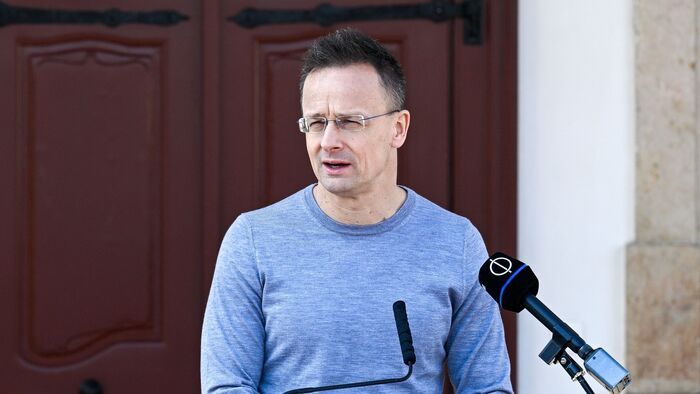

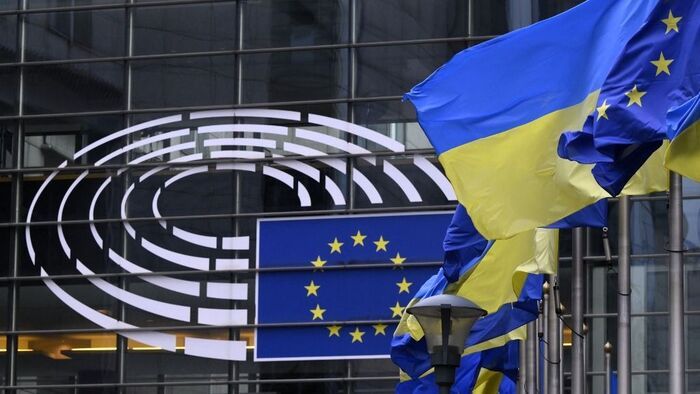


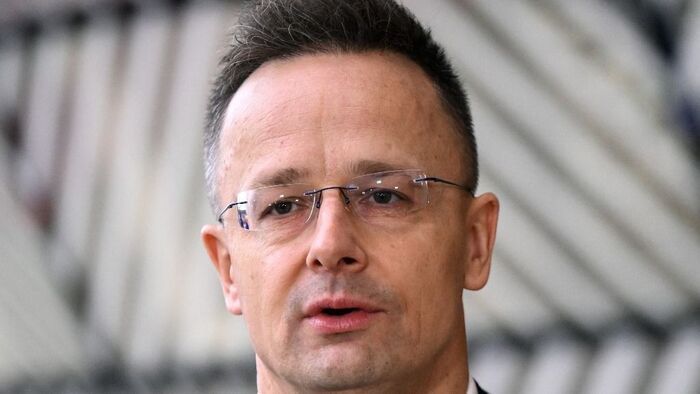

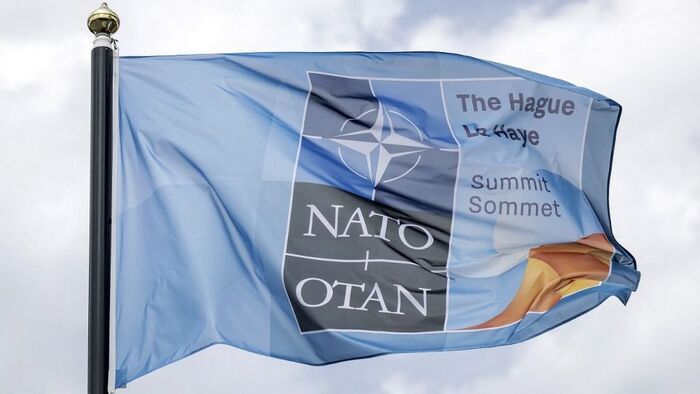

Szóljon hozzá!
Jelenleg csak a hozzászólások egy kis részét látja. Hozzászóláshoz és a további kommentek megtekintéséhez lépjen be, vagy regisztráljon!